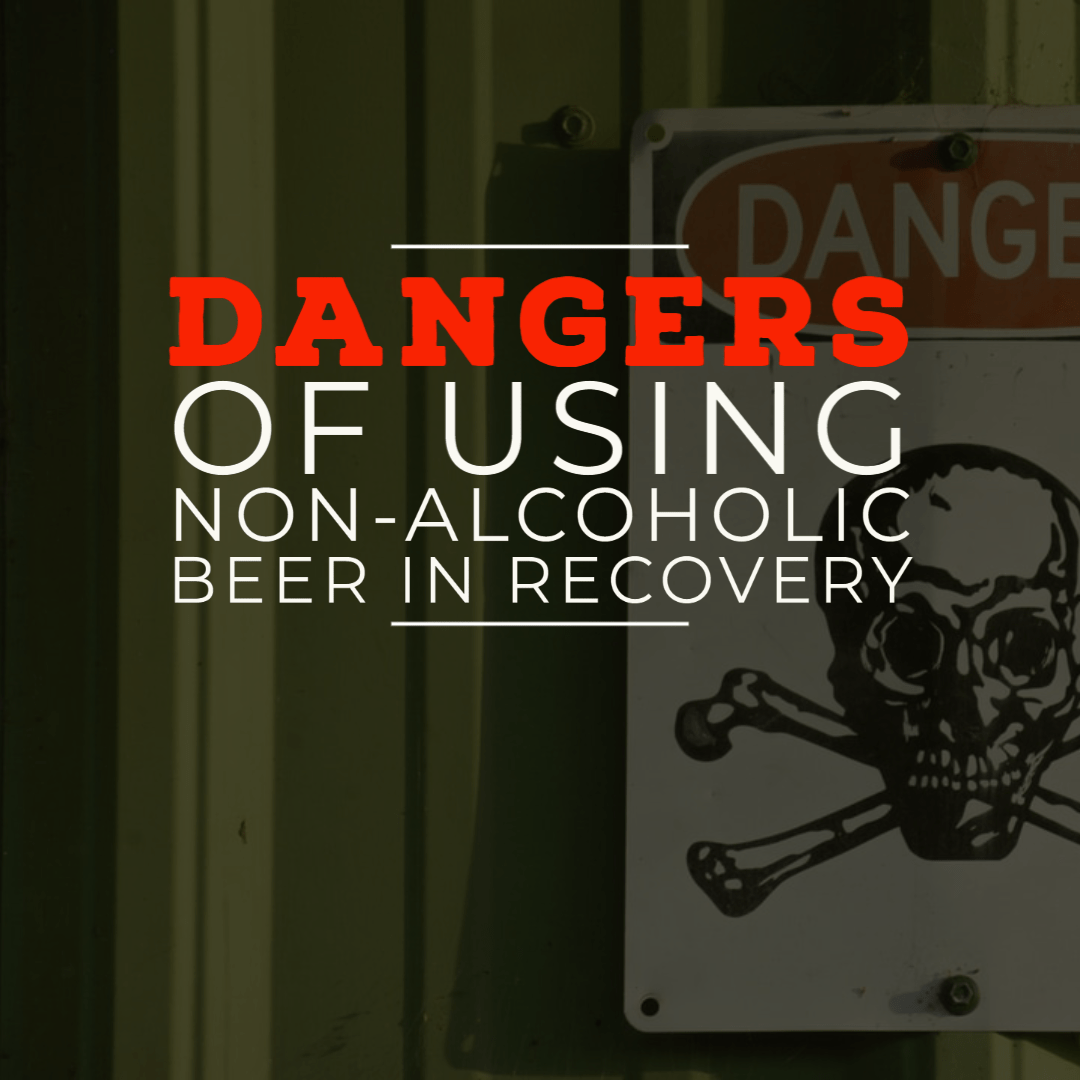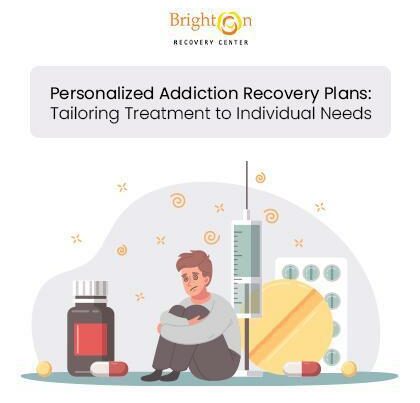Dangers of Using Non-Alcoholic Beer in Recovery

The road through alcohol addiction recovery involves a large number of changes, both in one’s mind and in their lifestyle. Through all of the changes, a person in recovery will understandably want to cling to something familiar to feel as if their entire lives aren’t being uprooted during the process. This clinging is a desire for some kind of foothold or stability in a changing, trying time. Non-alcoholic beer, on the surface, seems to be a way to ease the transition into a life of prolonged sobriety.
It can be useful at parties for people wanting to stay sober, but not necessarily engage with the subject with friends or strangers at the party. Unfortunately, despite the surface level, going this route, either while in treatment or long after, invites further complications in the recovery process, and can undermine many of the sober living techniques that one has learned to practice.
The Act of Drinking
Regardless of the contents of the bottle, simply having something called any kind of “beer” in one’s hand comes with connotations for the person. Once again, holding a beer in hand brings back memories of drinking before treatment—the act of opening a bottle, the smell of the drink. Non-alcoholic beer is designed to replicate these feelings and mimic the cultural feeling of drinking a beer, just without the alcohol content. This is in itself is a massive triggering event for many people, regardless of their stage in recovery. Telling one’s self that this kind of drinking is then permitted opens up a dangerous route, and increases the chances of relapse in the future.
Normalizing Behaviors
When holding and drinking a beer feels normal again, it is going to open the gates for other practices that one has ceased during recovery to resurface with it. It can be a trigger not just to drink again, but to fall back into an entire previous kind of lifestyle. One that may be littered with other potentially self-destructive acts, or that otherwise still hold close ties to drinking and alcohol. All of this compounds the normalization of drinking once again.
Bending the Rules
People recovering from alcohol often hold a strong, absolutely no alcohol consumption stance in order to realize their full recovery. Drinking even a non-alcoholic beer is the beginning of bending or negotiating those rules for a chance at self-indulgence. This is another gateway problem that leads to further dangers and negotiations with one’s self down the line.
Moving from the mentality of “I won’t drink alcohol” to “I will only drink beer that is non-alcoholic” is a profound change in mindset, and can then quickly become “I’ll drink, but only one beer” and thus the cycle continues into relapse. All while constantly normalizing the idea of drinking again and creating a positive connotation with it, once again. Seeing drinking non-alcoholic beer as a “successful” alternative changes the very act of drinking from something to be avoided into something positive or permitted.
Non-Alcoholic Isn’t What it Seems
Non-alcoholic beer is also quite a misleading name as well. Despite claiming to be completely free of alcohol, they can still occasionally contain trace amounts of alcohol in their product—up to around 0.5% compared to a normal beer, which averages around 5% alcohol. While that number may seem extraordinarily low, the effects it can have on a person in recovery can be massive.
Just trace amounts of alcohol being consumed again prompt the body and mind to start craving it again, increasing urges drastically. Even when someone thinks that they are staying completely sober, just that little bit can be a major hurdle to overcome once again. Urges due to unconsciously drinking trace amounts of alcohol paired with a new, less negative connotation with drinking a beer in the first place all swirls together to make alcohol something that can just be normal again, which is a dangerous prospect for anyone trying to recovery from alcohol addiction.
Looking for replacements to drinking is a good strategy, but replacing drinking with another kind of drinking, despite the intention, can lead down a dangerous path that can complicate or prolong the recovery process. If one is invited to a party and is unsure about how they will be able to handle the environment, it is safer to err on the side of caution and avoid the high-risk environment as a whole, rather than to begin compromising with themselves about what they are allowed to do. Recovery from addiction to alcohol is difficult, and non-alcoholic beers may seem like a replacement on the surface, allowing one to stay sober without changing too much of their lifestyle, but the risks are ever-present.
If you or a loved one are struggling with addiction to alcohol due to trauma, stress, mental health disorders, or any other causes, Brighton Recovery Center is there to help. Brighton utilizes it’s large campus to create an entire air of community during every stage of the recovery process and works alongside patients to create the right nurturing environment for them. Championing community in an active, judgment-free zone makes Brighton a place for both recovery, well-being, and comfort. For more information on all of the different programs they have available, from residential to outpatient, contact Brighton Recovery Center today at 1-844-479-7035. Recovery doesn’t have to be done alone, and help is available for you today.



